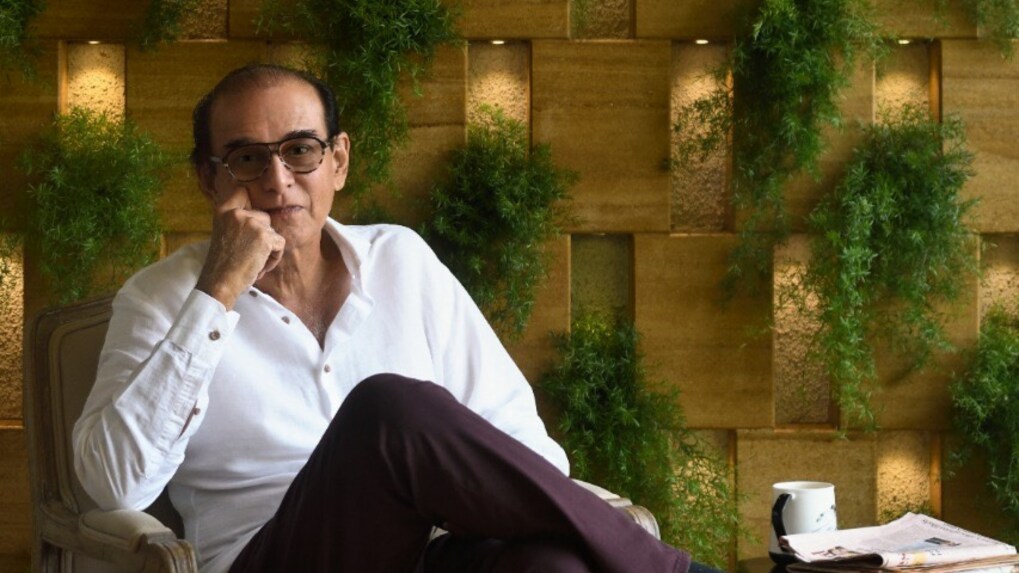How it Works
WPP, Havas, Omnicom: Are advertising’s biggest holdcos recasting agencies as AI Operating Systems?

As Indian conglomerates continue to navigate leadership transitions and evolving corporate structures, Harsh Mariwala, Chairman of Marico Ltd, believes that the future of Indian enterprise will increasingly depend on professionalism, meritocracy, and the willingness of promoters to place business interests above family legacies.
Speaking to Moneycontrol, Mariwala reflected on the cultural shift underway in Indian corporate leadership. “Indian businessmen, Indian promoters — even of large companies — are very hierarchical in their thinking. They really want to have their children succeed them,” he said. “I think I broke that kind of an expectation when I appointed a professional CEO.”
Mariwala, who handed over the reins of Marico’s day-to-day operations to professional management years ago, said that as competition intensifies and markets evolve, companies will need to prioritize competence over lineage. “As businesses become more competitive, you will have to select the individuals who are best suited to run the company,” he said, adding pointedly, “The key question to ask is whether the business comes first or the family comes first. For me, it’s the company.”
His remarks come at a time when the Tata Group is being scrutinized for how they structure ownership and leadership succession. Mariwala, however, emphasized that each promoter group evolves its own framework suited to its philosophy and governance needs.
Discussing corporate structures, on how organizations such as Wipro and the Tata Group use philanthropic trusts as key shareholders — a model that supports charity while maintaining a degree of separation from daily business operations. “In our case, the promoter shares are not held by any charitable trust. Or if it is held, it is very little,” Mariwala explained. “It is mainly held by other discretionary trusts, which are owned by the family.”
He added that the family’s charitable contributions are drawn from dividend income, not directly from shareholding trusts. “From the dividend income, once the family earns, we give money to charity — to the Mariwala Health Initiative, or even Ascent, which in a way is also my way of doing something for society,” he said. “It is coming from our discretionary trust, which is not a charitable trust.”
On the broader question of whether holding companies like Tata Sons should be listed, Mariwala refrained from making a direct comparison but highlighted that every structure must balance transparency, control, and purpose.
Shifting focus to the changing nature of work, Mariwala acknowledged that artificial intelligence (AI) will inevitably reshape roles in the fast-moving consumer goods (FMCG) sector — just as it is already doing in technology companies. “Certainly, it will have an impact,” he said. “Right now, people are still playing around with AI and what they can do. It’s too early. But it’s a matter of time — AI will impact jobs.”
He cautioned that routine functions, in particular, will be automated. “Especially routine jobs, which can be done by AI — you do not need a person to do the job,” he added.
As India’s corporate landscape continues to evolve, Mariwala’s views underline a crucial inflection point — one where legacy, leadership, and technology converge to redefine what it means to build and sustain a business in the modern era.
From purpose-driven work and narrative-rich brand films to AI-enabled ideas and creator-led collaborations, the awards reflect the full spectrum of modern creativity.
Read MorePraveen Someshwar, Managing Director and CEO of Diageo India, joins the Grand Jury of the Storyboard18 Awards for Creativity, highlighting the awards’ focus on work that blends cultural relevance with strategic and commercial impact.